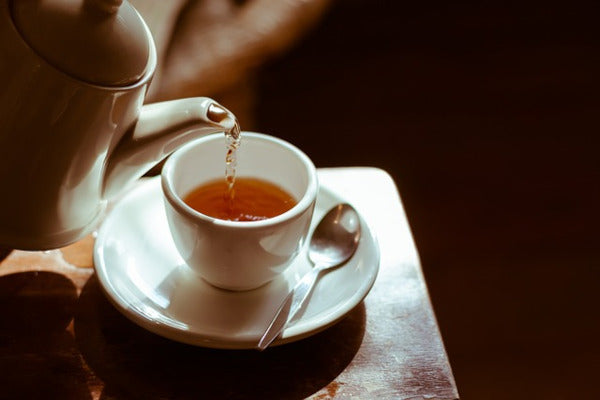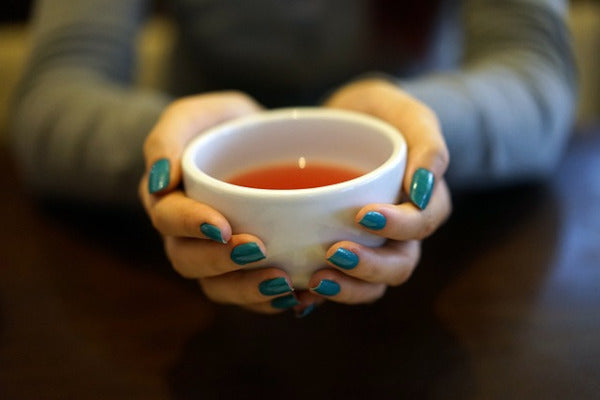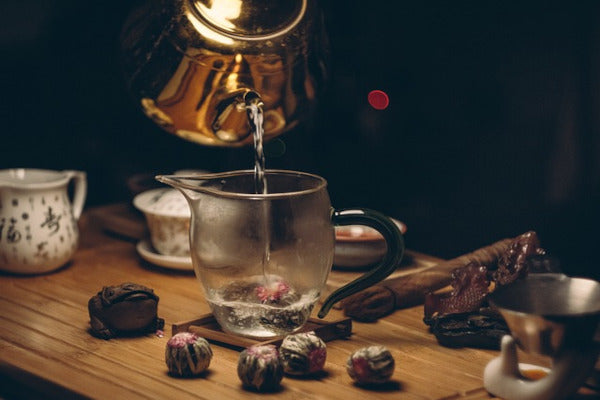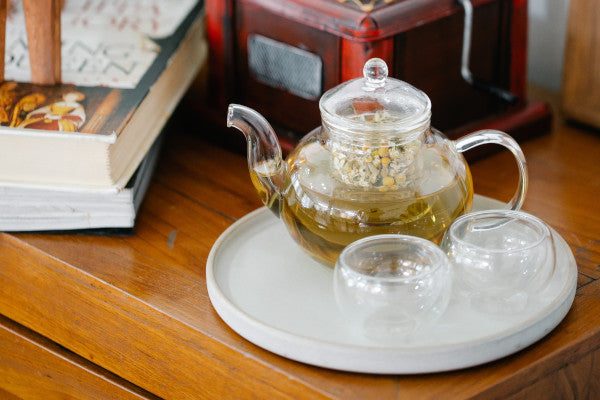Tea from Assam (India) is a black tea named after the region where it is produced. Assam tea is specifically made from the Camellia Sinensis plant, and most of it is grown at or near sea level.
It is known for its body, liveliness, malt flavor, and strong, bright color. Historically, Assam It has been the second largest commercial tea producing region after China, South China and Assam are the only two regions in the world with native tea plants.
Assam Teas or blends containing Assam, often sold as "breakfast" teas, for example Irish Breakfast Tea , is a malty, stronger breakfast tea made from small Assam tea leaves.

Tea is grown in the lowlands of Assam, unlike Darjeelings or Nilgiris , which are grown in the highlands. The Assam tea bush grows in a lowland region in the Brahmaputra River valley, an area of rich clay soil. The climate varies from cold winters to hot and humid seasons with rainfall, providing ideal conditions for growing this tea. Due to its long growing season and abundant rainfall, Assam is one of the most prolific tea-producing regions in the world. Each year, Assam tea plantations harvest approximately 680 tons of tea.
Assam tea is generally harvested twice a year and is divided into two varieties: "first flush" and "second flush." The first flush is harvested in late March, and the second flush, harvested later, is the more prized "tippy tea," so named for the golden needles that appear on the leaves. This second flush, called tippy tea, is sweeter and fuller-bodied and is generally considered superior to the first flush.
The leaves of the Assam tea bush are glossy, dark green, and quite broad compared to those of the Chinese tea plant. This bush produces delicate white flowers. Assam tea is the base for many tea blends, such as breakfast teas or afternoon teas, which are composed of one-third strong Assam and two-thirds teas like Ceylon (which are usually slightly less strong). Earl Grey tea also draws on the aromatic flavor of Assam leaves and also forms an excellent base for chai, as its intense aroma is not lost through the milk and other spices necessary in chai preparation .
Preparation of Assam Tea
For the preparation of Assam tea, 1 g of Assam is used for 240 ml of water, as generally 4 grams are usually used in any other black tea, but Assam is stronger than other black teas in its flavor, so less quantity is recommended.

The use of tea eggs or similar is not recommended, as they prevent the leaves from developing their full flavor during the steeping time in water.
Like most black teas, Assam tea requires a high water temperature of 85-90°C to release the best essences of the leaves. The tea should be poured over soft, filtered water to preserve its aroma. The steeping time is approximately 3 minutes; it should not be longer, as tea brewed too long will be unpleasant and bitter.
Benefits of Assam Black Tea
Assam with Milk: Assam is often enjoyed with milk because the flavor is so intense. However, the addition of milk reduces the health-promoting qualities of Assam, as milk weakens the antioxidants. Instead of drinking Assam with milk, it's recommended to let it steep for a shorter time to fully benefit from its potential.
Assam and Its Vitamins and Carbohydrates: The benefits of Assam tea are many. It's a great source of vitamin B1, and thanks to its high caffeine content, it can help keep you awake if needed and helps the body use carbohydrates as an energy source. To avoid the side effects of caffeine, such as headaches, nervousness, irregular heartbeat, or irritability, it's recommended to consume no more than five cups of Assam tea daily.
Assam and Antioxidants: The phenolic compounds in Assam leaves have antioxidant properties and reduce reactive oxygen and nitrogen damage to cell biomolecules, making Assam perhaps the most beneficial black tea in cancer prevention, especially in relation to ovarian cancer in women and lung cancer in men.
Assam and Cancer: Assam is also rich in polyphenols, an antioxidant, that prevents cell damage and is therefore associated with the prevention of cancer, heart disease, and high cholesterol.
Assam and the Heart: Similarly, the flavonoids in Assam are beneficial in strengthening tissues, blood vessels, and heart valves. Regular consumption of Assam can prevent the formation of deposits in the arteries.
Assam and Parkinson's: Black tea , and Assam in particular, may reduce the risk of Parkinson's and is said to be able to achieve success with 1 to 4 cups a day for women and 2 to 4 cups a day for men.
Assam and Infections: In addition to its potential to prevent serious illnesses, Assam also helps increase gamma-delta T cells—partners who fight infections. Assam tea may help manage and reduce stress.
At Tétique, we supply high-quality tea and infusions to hospitality and coffee shops. We offer a wide variety of products, including Earl Grey tea, black tea, green tea, white tea, herbal teas, and infusions . We are committed to providing our customers with the finest products to offer a unique tea experience. Contact us for more information!






